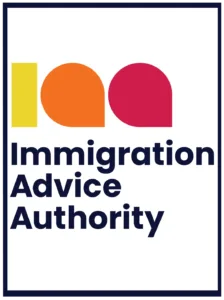A quick note for UK residents to be aware of potential scams related to the European Travel Information and Authorisation System (ETIAS). Although ETIAS is not expected to be fully implemented until late 2026, fraudulent websites and entities are already attempting to exploit the confusion surrounding new travel regulations.
You can read the EU article with reporting facility here.
Key points to understand about ETIAS and scams
How to protect yourself from ETIAS scams
- 1
Be patient
Don’t try to apply for ETIAS yet. The system is not open for UK residents. Currently, this is only scheduled to be launched in the last quarter of 2026. - 2
Ignore unsolicited communications
Be cautious of emails, advertisements, or social media posts promoting early ETIAS applications. - 3
Stick to official sources
Only rely on official EU websites and communications for information about ETIAS. Bookmark the official EU travel website. - 4
Avoid unofficial websites
Do not use websites that claim to offer ETIAS applications before the official launch. - 5
Be wary of high fees
The official fee will be clearly stated on the official EU platform. - 6
Report suspicious activity
If you encounter a website or communication that you believe to be fraudulent, report it to travel authorities or consumer protection agencies. In the UK, you can report internet scams through the Action Fraud website.
EU Travel for UK residents now that ETA has been launched
The UK has launched its own Electronic Travel Authorisation (ETA) system, which became mandatory for most European visitors on 2 April 2025. This new UK requirement is separate from the EU’s upcoming ETIAS. We’ve written on that here.
Be vigilant!
In summary, UK residents do not currently need ETIAS for EU travel. However, be vigilant about scams exploiting the upcoming changes. The UK’s new ETA system applies to European visitors to the UK, not the other way around. UK citizens should stay informed about the future implementation of the EU’s EES and ETIAS, which will affect travel in late 2025 and 2026 respectively.
Keep Calm and Travel On!





